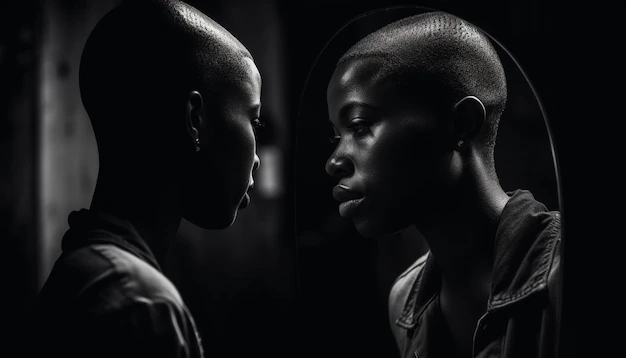Depression is a global mental health concern affecting millions of people worldwide, and South Africa is no exception. This debilitating condition can have a profound impact on an individual’s emotional well-being, relationships, and overall quality of life. However, it’s important to remember that depression is a treatable illness, and seeking help is the first step towards recovery. In South Africa, there are various therapy options and support networks available to assist those struggling with depression.
Therapy, in its various forms, plays a critical role in the management and treatment of depression. One commonly utilized approach is cognitive-behavioral therapy (CBT), which focuses on identifying negative thought patterns and behaviors that contribute to depression and replacing them with more positive and constructive ones. CBT helps individuals develop coping strategies, improve problem-solving skills, and build resilience. Many therapists in South Africa are trained in CBT and offer it as a primary treatment option for depression.
Another therapy option for depression is interpersonal therapy (IPT), which concentrates on resolving relationship issues that may contribute to or worsen depressive symptoms. IPT aims to improve communication skills, enhance interpersonal relationships, and address any conflicts or difficulties individuals may be facing in their interactions with others. It provides a supportive environment where individuals can explore and navigate their relationships in a healthy manner.
In addition to traditional therapy, South Africa has seen an increase in the availability and use of online therapy platforms. These platforms offer convenient and accessible mental health support, particularly for individuals who may have difficulty accessing in-person therapy due to location, time constraints, or social stigma. Online therapy allows individuals to engage in confidential sessions with qualified mental health professionals via video calls, phone calls, or text chats.
Support networks and community-based organizations also play a vital role in assisting individuals with depression in South Africa. These networks provide a sense of belonging and understanding, creating spaces where individuals can share their experiences, receive support, and connect with others who are going through similar challenges. Nonprofit organizations and support groups dedicated to mental health awareness and education, such as the South African Depression and Anxiety Group (SADAG), offer helplines, online forums, and in-person support groups for individuals seeking guidance and encouragement.
It is essential to emphasize that seeking help for depression is not a sign of weakness but rather a courageous step towards recovery. However, accessing mental health services and support networks in South Africa can sometimes be challenging due to financial limitations, geographic constraints, or the persistent stigma surrounding mental health. Efforts must be made to ensure that mental health services are more accessible and affordable for all individuals in need.
Furthermore, there is a need to continue raising awareness and reducing the stigma surrounding mental health in South Africa. Open conversations about depression and mental well-being can help create a supportive environment where individuals feel comfortable seeking help and sharing their experiences without fear of judgment or discrimination.
In conclusion, seeking help for depression in South Africa involves a range of therapy options and support networks. Through therapy, individuals can develop effective coping mechanisms, address negative thought patterns, and improve their overall mental well-being. Support networks and community organizations provide additional assistance and a sense of belonging, reducing the feelings of isolation often associated with depression. By increasing access to mental health services, reducing stigma, and fostering understanding, South Africa can better support individuals struggling with depression and promote a healthier society as a whole.










